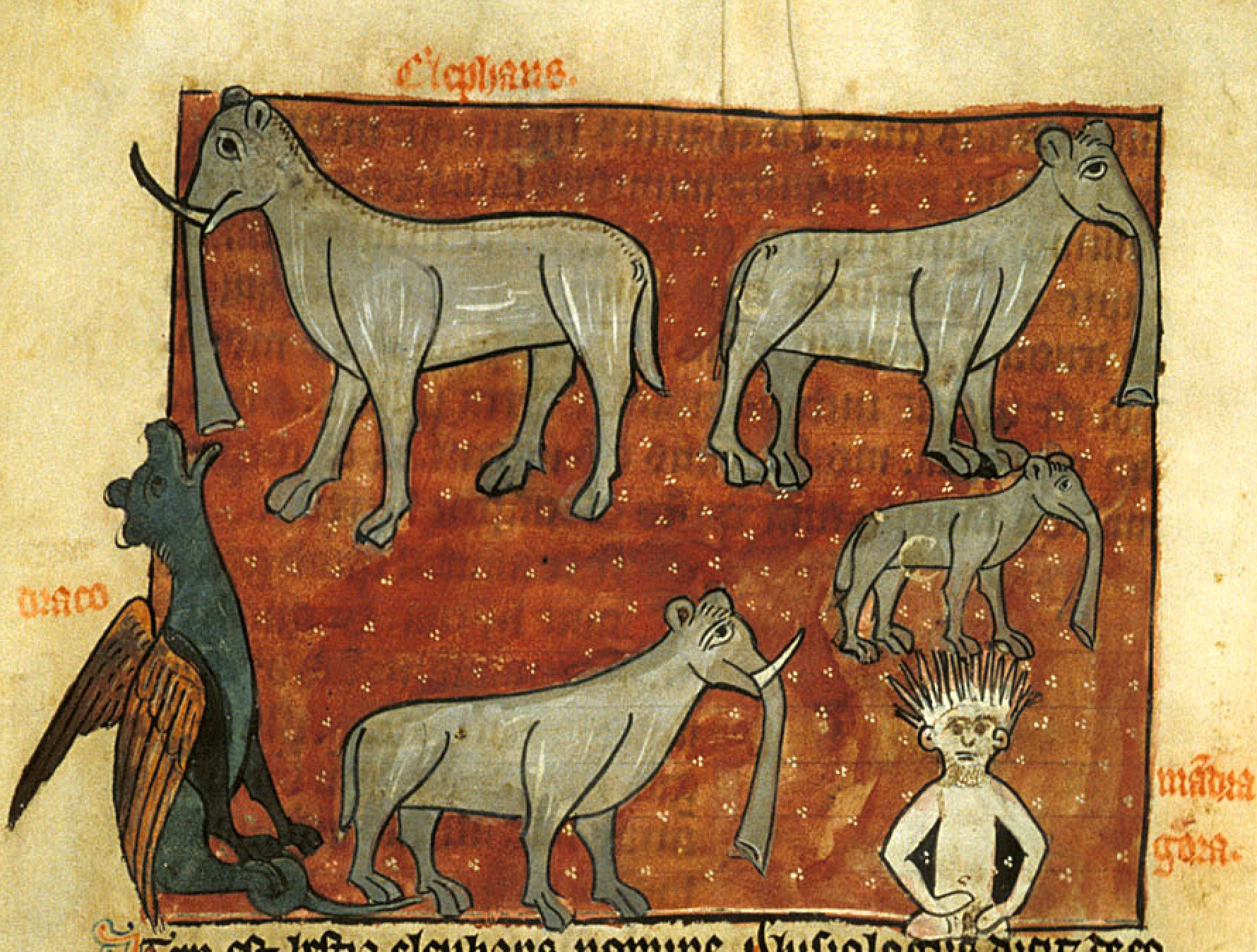Peering into the future: British Conservative leaders and the problem of national renewal, 1942–5. Robert Crowcroft
This article examines how some key Conservative leaders conceptualized the problem of ‘the future’ in the final stages of the Second World War. It contends that the mental map employed by senior Conservatives for navigating the challenges of post-war national renewal has remained significantly misunderstood. The article conducts a close reading of Conservative positions on a range of issues – from economic modernization and constitutional propriety to geopolitical tensions – and highlights some previously neglected dimensions to domestic political debate. It concludes that the arguments developed by Conservative leaders were more sophisticated and coherent than has often been recognized.



